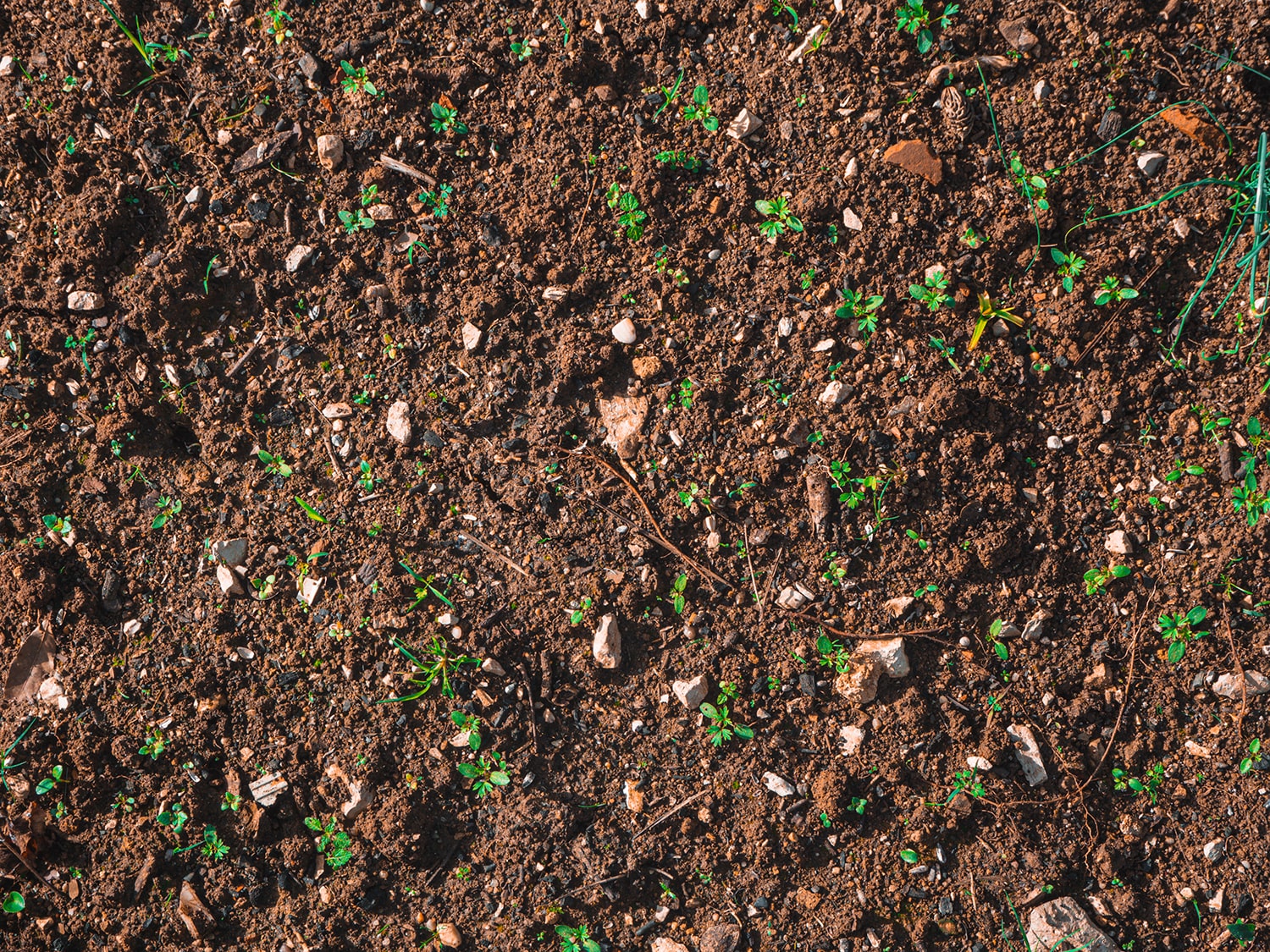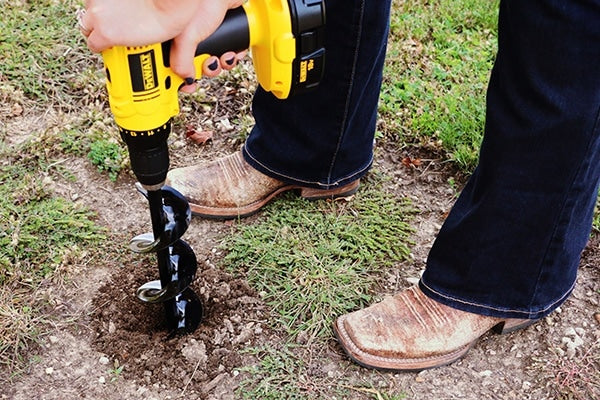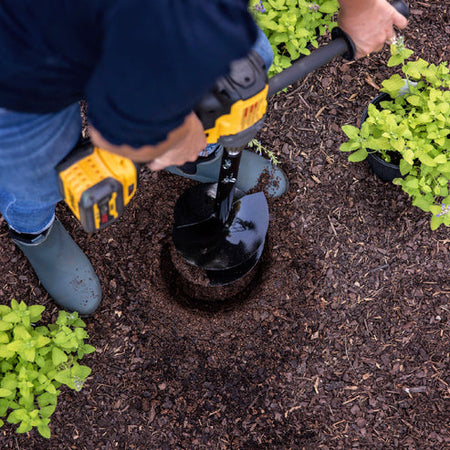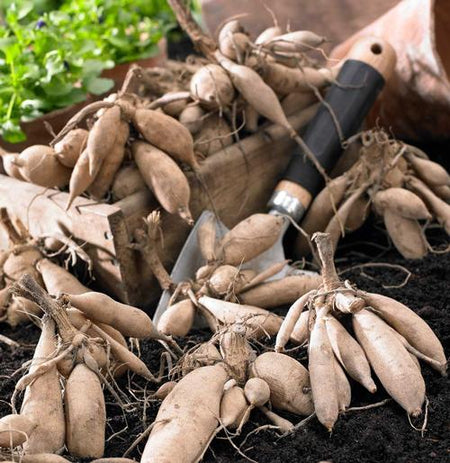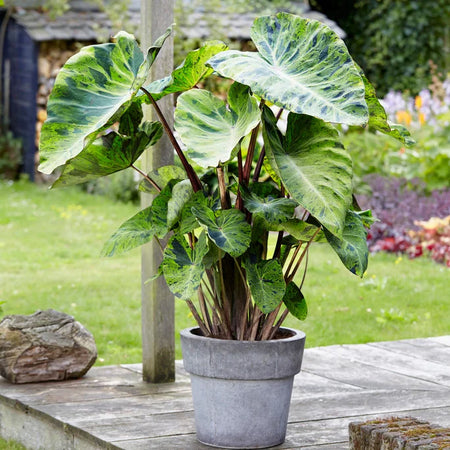Blooming flowers and ripening vegetables are a beautiful and fulfilling sight for any gardener. Producing a healthy garden involves laying the proper groundwork and administering careful upkeep. Here are some helpful tips for how to maintain a garden.
Covering the Ground Rules
Soil
High-quality soil translates to healthier, stronger plants. Begin by clearing the area of all weeds and grass to prevent competition for the soil’s nutrients and moisture. Then, dig up the topsoil to break up the dirt clods. Mix this dirt with 2 to 4 inches of compost, well-rotted manure or other organic nourishment. Ideally, you’ll want the top 12 inches of earth to have been combined and prepped. Once the soil is ready to go, you can sow seeds and transplant.
Water
To water or not to water, that is the question. Over-saturating and waterlogging can lead to root suffocation, fungi and plant death, but not enough water can result in dried out plants that can’t sustain life. Watering your garden directly affects the plants’ overall health. Aim for the roots and limit the moisture on the foliage. This should help discourage pathogens from finding a home on the leaves and spreading disease. You can utilize soaker hoses, drip irrigation and other methods to keep the leaves dry while avoiding scorching.
Young plant life, especially seedlings, need watering on a regular basis, as their root systems are small and tend to absorb less moisture. Additionally, transplanting or placing pre-established plants can damage the root systems and may require more watering for the first few days. However, try not to let water pool around the plants — just keep the soil moist. Timing is another important factor. Water in the evening in hot weather and in the morning for cool or dull conditions.
Fertilizer
Before applying fertilizer, it’s advised to get a soil test. The results can provide an accurate breakdown of the nutrient levels in your soil and help prevent damage. Such damage could come from too much fertilizer or an overabundance of a particular nutrient. If plant life is exposed to these conditions, you may see burned roots, an increased susceptibility to infection and weather sensitivity.
Insects
Keeping an eye out for garden pests is important, as they are prolific spreaders of viruses and bacteria. Not only can they transport these dangers, but by chowing down on the leaves and stems, they can also create opportunities for infection. Regularly inspect for insects and remove ones you find with insecticidal soap or a blast from the hose.
Quick Garden Maintenance Tips
A successful garden requires upkeep in many forms. Following expert advice and care instructions can help keep your vegetables, flowers and other florae alive and well. Here are some additional maintenance tips to help your garden grow:- Remove any plants showing disease before it can spread.
- Avoid pathogens by procuring disease-resistant seeds. There are often codes on the back of seed packets detailing the resistance specifics.
- Be sure to harvest edibles as they ripen to stop pesky wildlife from stealing your rightful bounty.
- Inspect and remove debris from the garden to prevent pests from sheltering there during winter.
- Once plants are done producing, pull them up and use them for compost.
- Pay close attention to an individual plant’s climate requirements. For instance, place tomatoes, peppers and melons in sundrenched areas and position carrots and peas in cool areas.
- Thoroughly read and follow directions on the back of seed packages.
- Tired of plucking weeds? Use mulching as a form of long-term weed control.
- Water your plants well in hot weather to produce more flower nectar and attract bees and other pollinators for a healthier bionetwork.


